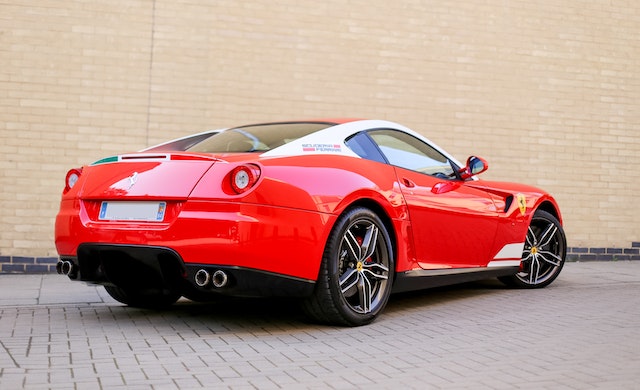Introduction: The motor car, a revolutionary invention that has shaped modern society, has come a long way since its humble beginnings. From the first crude horseless carriages to the cutting-edge autonomous vehicles of today, the journey of the motor car is a testament to human innovation, engineering prowess, and our unquenchable thirst for progress.
1. The Birth of an Idea: Invention and Early Days The inception of the motor car can be traced back to the late 19th century. Inventors like Karl Benz and Gottlieb Daimler laid the foundation by creating the first gasoline-powered vehicles. These early contraptions were often more akin to horse-drawn carriages with engines attached, lacking the comfort and features we associate with modern cars.
2. The Era of Mass Production: Ford’s Assembly Line Henry Ford revolutionized the automobile industry by introducing the assembly line technique in the early 20th century. This innovation drastically reduced production time and costs, making cars more affordable and accessible to the general public. The Model T became an icon of this era, marking the shift from luxury novelty to everyday transportation.
3. Design and Engineering Advancements As time progressed, so did the design and engineering of motor cars. Streamlined bodies, enclosed cabins, and advancements in engine technology led to faster, more efficient, and safer vehicles. Innovations like automatic transmissions, power steering, and air conditioning transformed cars from mere transportation to comfortable and enjoyable experiences.
4. Safety First: The Rise of Safety Features The importance of safety led to the introduction of various features such as seat belts, airbags, and antilock braking systems. These advancements aimed to protect passengers and reduce the severity of accidents, making cars not only more convenient but also much safer modes of travel.
5. Going Green: The Push for Sustainability The growing concern for the environment prompted the automotive industry to focus on alternative fuel sources and electric powertrains. Hybrid and electric vehicles gained popularity as consumers sought greener options to reduce their carbon footprint. The pursuit of sustainable mobility has led to rapid advancements in battery technology, extending the range and performance of electric cars.
6. The Digital Revolution: Cars Become Smart The integration of technology transformed cars into sophisticated, interconnected machines. Infotainment systems, GPS navigation, and smartphone integration brought convenience to the forefront. Additionally, the development of autonomous driving technology paved the way for self-driving cars, promising increased safety and a paradigm shift in how we view transportation.
7. Autonomous Dreams: The Road Ahead The concept of self-driving cars, once confined to science fiction, is rapidly becoming a reality. Companies like Tesla, Waymo, and traditional automakers are investing heavily in autonomous technology. The dream of cars that navigate without human intervention is within reach, promising to reshape urban planning, reduce accidents, and redefine personal mobility.
8. Customization and Personalization Modern car buyers not only seek functionality but also crave personalization. The automotive industry responds by offering a wide array of customization options, from exterior colors and interior materials to high-tech features tailored to individual preferences. This emphasis on personalization highlights the evolution of cars from utilitarian machines to extensions of our identities.
